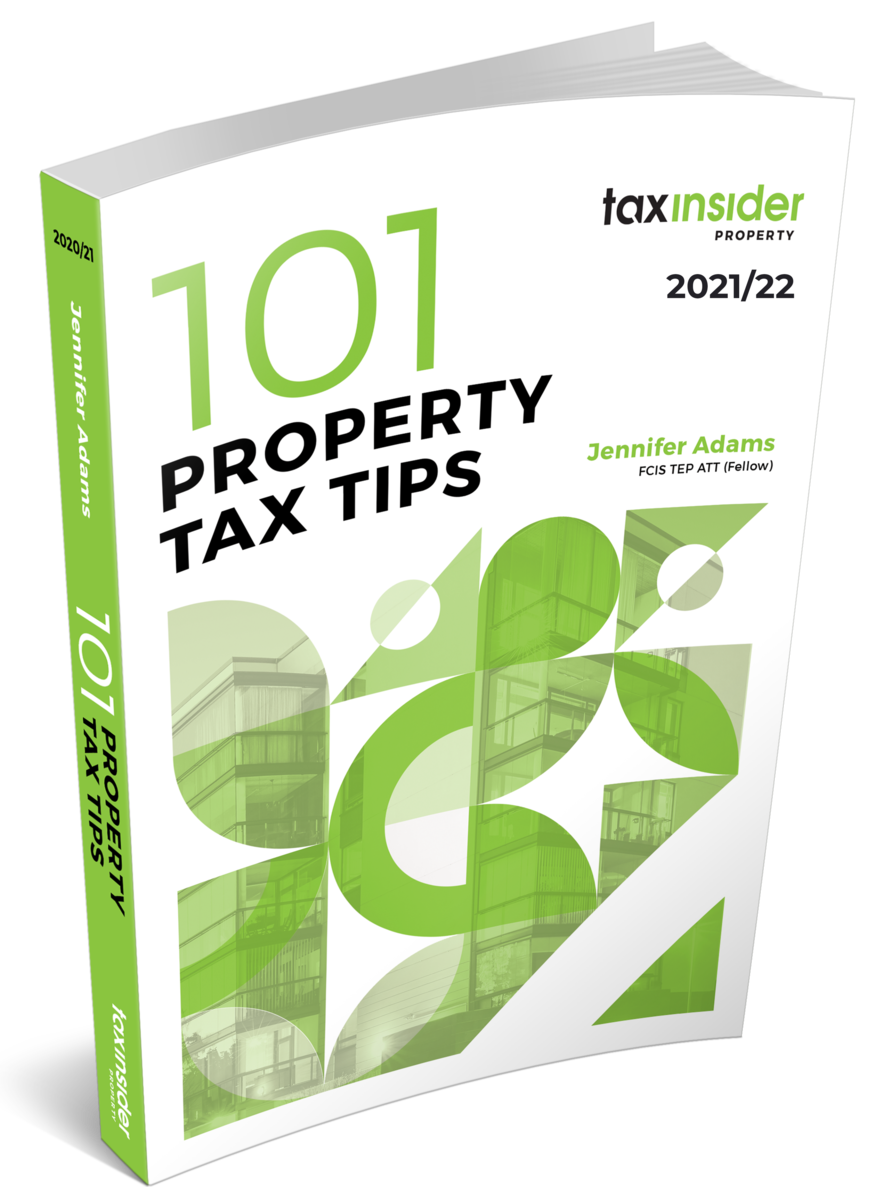Mr Quinn was an itinerant carpenter who worked on numerous building sites. It was not possible for him to go home for lunch so he claimed to deduct the extra cost of the lunch he bought for himself at wherever he was working – he estimated the cost was 40p, as compared to the cost of a lunch at home of 10p – this all took place in 1975 – so he claimed the 30p difference.
Mr Quinn’s tax inspector, who rejoiced in the name of Caillebotte, did not agree and he disallowed the claim. In order to be deductible, an expense must be incurred “wholly and exclusively” for the purposes of the business, and as we all have to eat in order to live, you cannot separate out a part of the cost of the food and call it a business expense, said Mr Caillebotte.
Mr Quinn went to court about this, and lost. Subsistence expenses are one of a number of costs that a self-employed person cannot deduct because of this “duality of purpose”.
The other famous case involved the barrister, Baroness Mallalieu, who lost her claim to deduct the cost of her court clothes – the wig and gown were OK, but the normal smart business clothes she wore underneath were not, even though the court accepted that she did not like a formal style of dress and only wore the clothes in court.
Just as we have to eat in order to live, we wear clothes for “warmth and decency” as well as for the requirements of our profession. Uniforms and protective clothing are allowable, but ordinary civilian clothing is not.
HMRC are not quite as harsh about subsistence as Caillebotte v Quinn would let them be. They do allow the cost of food and drink, provided it is “reasonable”, in two situations:
The Trade is Itinerant
Where it is part of the very nature of the business to travel, the cost of subsistence and accommodation while travelling is allowable. An example would be a self-employed travelling salesman, or a taxi driver.
The Journey is “Outside the Normal Pattern”
Those of us who are self-employed and have a base from which we normally work – home for some, an office or workshop for others – can only claim the cost of subsistence if we make a journey that is outside the normal pattern of our business activities.
For example, if I travel to another city to meet a client, and provided that I do not travel to see him on a regular basis such as every month, I can deduct the cost of my travel and of any “reasonable” meals I take while travelling. The problem with this is that the ability to claim subsistence costs in these circumstances is not statutory, but simply a practice announced by the Financial Secretary to the Treasury in 1976, in the aftermath of Mr Quinn’s defeat in the courts. What he actually said was:
“In practice, a self-employed person may be allowed a deduction for modest expenditure on meals consumed in the course of a travelling occupation or an occasional business journey outside the normal pattern”.
It is always unsatisfactory when you have to rely on a practice like this rather than the clear words of the legislation, as different inspectors may interpret the practice in different ways.
The good news is that HMRC have a programme of replacing these sorts of concessions and practices with legislation, and subsistence expenses are going through the process at the moment.
The draft legislation allows a deduction for the cost of subsistence when working away from base provided that two conditions are met:
- The cost of the travel to the place concerned was itself an allowable expense, and
- The trader is either “itinerant” (like the travelling salesman referred to above) or the journey is outside “the normal pattern of travel” of the trader concerned.
It may not seem like much of a change from the current position, but once this becomes the law, it will be possible to get some clarity as to the meaning of (for example) “normal pattern of travel”, if necessary by a test case in the Courts.
Dear Mr Quinn – I don’t know if you are still in business out there, but if you are, I have a hunch that under this new legislation your lunches (which I assume cost more than 40p these days) might be an allowable expense. After all, you were described in the case as an “itinerant” carpenter!
James Bailey




